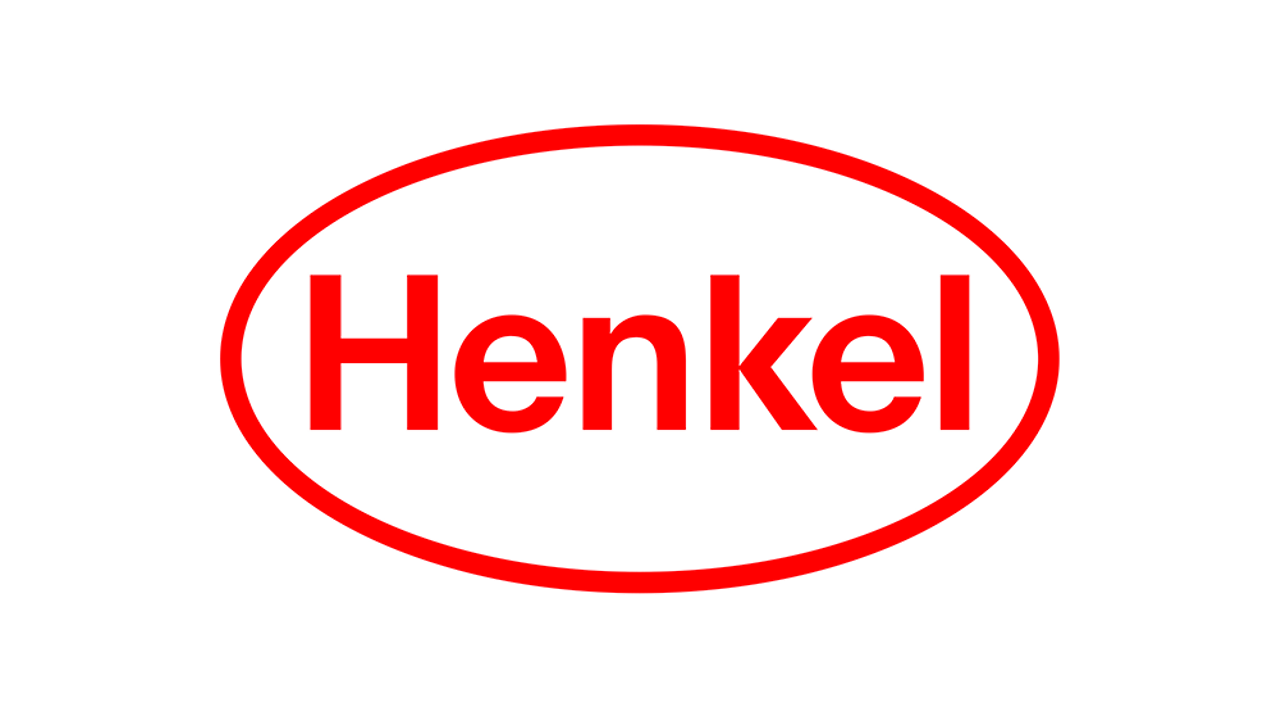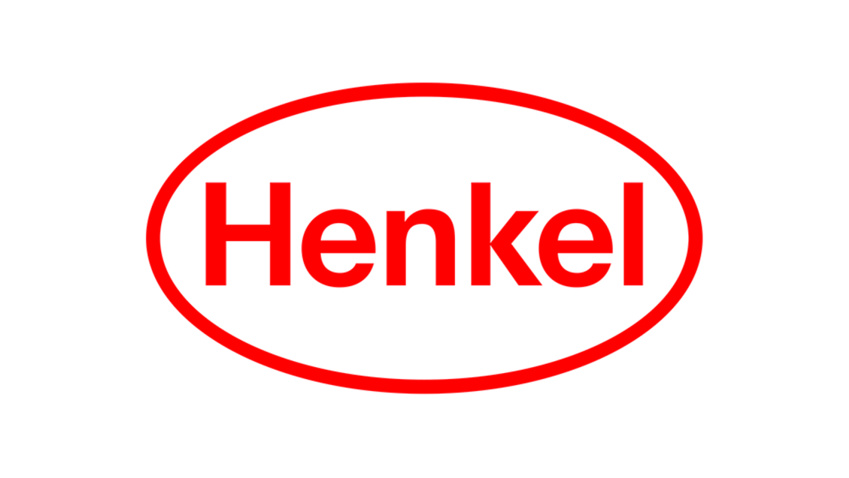For many years, Henkel has been at the forefront of sustainability and has consistently pursued transformative change to benefit its stakeholders. Recently, the company intensified its efforts through the 2030+ Sustainability Ambition Framework, which includes the goal of achieving climate-positive operations by 2030. The Adhesive Technologies business unit has adopted this framework and developed its own Sustainability Ambition 2030, aiming to lead by example and leverage innovative technologies.
Adhesive Technologies operates a vast majority of Henkel's facilities, with 124 sites worldwide. To realize its ambition, the business unit is investing in a wide range of sustainability projects in its operations. The primary focus is on increasing the utilization of renewable electricity, implementing advanced technologies for thermal energy generation without relying on fossil fuels, and enhancing the circularity of water and production material usage.
Dimitri Kozak, Head of Sustainability and Environmental Performance in Operations at Henkel Adhesive Technologies, emphasized the significance of addressing climate change as a major global challenge. He highlighted Henkel's commitment to becoming climate positive in operations by 2030, positioning the company as an industry leader in adhesives, sealants, and functional coatings. This commitment drives comprehensive actions across all manufacturing sites worldwide. As an initial milestone, the aim is to achieve carbon neutrality in production. The Montornès del Valles (Montornès) plant in Spain, which specializes in aerospace manufacturing, has already attained carbon neutrality. Additionally, three adhesive production sites have recently achieved carbon neutrality, with more sites set to follow suit in the near future.
To accomplish carbon-neutral production, Adhesive Technologies continually invests in technologies that enable the utilization of 100% electric and thermal energy at local sites. Once these technologies are implemented, manufacturing sites transition their energy sources to renewable alternatives like biomass or biogas. By combining on-site renewable energy generation with green energy procurement, the aerospace manufacturing plant in Montornès has become a flagship project for Adhesive Technologies. Similarly, the adhesives manufacturing sites in Chennai, India; Tuzla, Turkey; and Bileca, Bosnia and Herzegovina, have also achieved carbon neutrality. These sites have accomplished this by sourcing electricity from both on- and off-site renewable energy sources, alongside the adoption of energy-efficient solutions such as LED lighting, smart motion sensors, and natural lighting. Furthermore, all fossil fuel-based systems like hot water boilers and heating have been replaced with electrical systems.
Utilization of Renewable Electricity
By the end of 2022, approximately 60% of Adhesive Technologies' operated sites were already utilizing electricity generated from renewable sources. For instance, in Mexico, all manufacturing facilities have been equipped with technologies enabling the exclusive use of 100% renewable electricity. Similarly, investments have been made in the Seven Hills and Kilsyth plants in Australia, making all adhesive manufacturing sites in the country powered by 100% renewable electricity. Henkel incorporates sustainability into the design phase when constructing new sites. An example of this is the Songdo plant in Korea, which opened in 2022 and incorporates various sustainability features such as solar panels, a rainwater recycling system, and energy-efficient equipment.
Continual Efforts to Enhance Energy Efficiency
Investments are being made in technologies that replace fossil fuels for thermal energy generation, a crucial step in reducing the CO2 footprint of production. At the Cannon Falls plant in Minnesota, US, Adhesive Technologies has implemented regenerative thermal oxidizer technology, which increases efficiency and reduces gas consumption. This process thermally treats volatile organic compounds instead of releasing them into the atmosphere, resulting in reduced direct emissions and an average annual gas savings of over 11,000 MWh.
Advancement of Circularity
Adhesive Technologies prioritizes the circular use of water and production waste materials. By optimizing the hot water cleaning process at one of its adhesive production facilities in Düsseldorf, Germany, the business unit expects to save up to 50% freshwater and 50% energy for each cleaning and disinfection cycle. At the Cannon Falls site, a facility chiller system has been implemented, estimated to save 18,000 m3 of water annually. This centralized, continuous circulating system replaces individual units that previously required city water. Additionally, the Warren facility in Michigan, US, has introduced a reverse osmosis system, increasing water reuse and reducing water consumption by 40% each year.
Furthermore, Adhesive Technologies continuously improves its waste disposal methods. Currently, 85% of all adhesive manufacturing sites have achieved zero waste to landfill status (ZWTL). The Chivilcoy plant in Argentina has implemented an innovative biological waste treatment process that utilizes earthworms to transform materials into organic matter. This process enables the annual reuse of approximately 2,500 m3 of wastewater and the generation of 50 m3 of compost, which is donated to local agricultural producers and used for environmental awareness events.
Through these initiatives and projects, Henkel Adhesive Technologies consistently advances its sustainability goals in production.
Adhesive Technologies operates a vast majority of Henkel's facilities, with 124 sites worldwide. To realize its ambition, the business unit is investing in a wide range of sustainability projects in its operations. The primary focus is on increasing the utilization of renewable electricity, implementing advanced technologies for thermal energy generation without relying on fossil fuels, and enhancing the circularity of water and production material usage.
Dimitri Kozak, Head of Sustainability and Environmental Performance in Operations at Henkel Adhesive Technologies, emphasized the significance of addressing climate change as a major global challenge. He highlighted Henkel's commitment to becoming climate positive in operations by 2030, positioning the company as an industry leader in adhesives, sealants, and functional coatings. This commitment drives comprehensive actions across all manufacturing sites worldwide. As an initial milestone, the aim is to achieve carbon neutrality in production. The Montornès del Valles (Montornès) plant in Spain, which specializes in aerospace manufacturing, has already attained carbon neutrality. Additionally, three adhesive production sites have recently achieved carbon neutrality, with more sites set to follow suit in the near future.
To accomplish carbon-neutral production, Adhesive Technologies continually invests in technologies that enable the utilization of 100% electric and thermal energy at local sites. Once these technologies are implemented, manufacturing sites transition their energy sources to renewable alternatives like biomass or biogas. By combining on-site renewable energy generation with green energy procurement, the aerospace manufacturing plant in Montornès has become a flagship project for Adhesive Technologies. Similarly, the adhesives manufacturing sites in Chennai, India; Tuzla, Turkey; and Bileca, Bosnia and Herzegovina, have also achieved carbon neutrality. These sites have accomplished this by sourcing electricity from both on- and off-site renewable energy sources, alongside the adoption of energy-efficient solutions such as LED lighting, smart motion sensors, and natural lighting. Furthermore, all fossil fuel-based systems like hot water boilers and heating have been replaced with electrical systems.
Utilization of Renewable Electricity
By the end of 2022, approximately 60% of Adhesive Technologies' operated sites were already utilizing electricity generated from renewable sources. For instance, in Mexico, all manufacturing facilities have been equipped with technologies enabling the exclusive use of 100% renewable electricity. Similarly, investments have been made in the Seven Hills and Kilsyth plants in Australia, making all adhesive manufacturing sites in the country powered by 100% renewable electricity. Henkel incorporates sustainability into the design phase when constructing new sites. An example of this is the Songdo plant in Korea, which opened in 2022 and incorporates various sustainability features such as solar panels, a rainwater recycling system, and energy-efficient equipment.
Continual Efforts to Enhance Energy Efficiency
Investments are being made in technologies that replace fossil fuels for thermal energy generation, a crucial step in reducing the CO2 footprint of production. At the Cannon Falls plant in Minnesota, US, Adhesive Technologies has implemented regenerative thermal oxidizer technology, which increases efficiency and reduces gas consumption. This process thermally treats volatile organic compounds instead of releasing them into the atmosphere, resulting in reduced direct emissions and an average annual gas savings of over 11,000 MWh.
Advancement of Circularity
Adhesive Technologies prioritizes the circular use of water and production waste materials. By optimizing the hot water cleaning process at one of its adhesive production facilities in Düsseldorf, Germany, the business unit expects to save up to 50% freshwater and 50% energy for each cleaning and disinfection cycle. At the Cannon Falls site, a facility chiller system has been implemented, estimated to save 18,000 m3 of water annually. This centralized, continuous circulating system replaces individual units that previously required city water. Additionally, the Warren facility in Michigan, US, has introduced a reverse osmosis system, increasing water reuse and reducing water consumption by 40% each year.
Furthermore, Adhesive Technologies continuously improves its waste disposal methods. Currently, 85% of all adhesive manufacturing sites have achieved zero waste to landfill status (ZWTL). The Chivilcoy plant in Argentina has implemented an innovative biological waste treatment process that utilizes earthworms to transform materials into organic matter. This process enables the annual reuse of approximately 2,500 m3 of wastewater and the generation of 50 m3 of compost, which is donated to local agricultural producers and used for environmental awareness events.
Through these initiatives and projects, Henkel Adhesive Technologies consistently advances its sustainability goals in production.


 Driving Sustainability in Production: Henkel Adhesive Technologies' Renewable Energy and Circular Initiatives
Driving Sustainability in Production: Henkel Adhesive Technologies' Renewable Energy and Circular Initiatives





 Companies
Companies